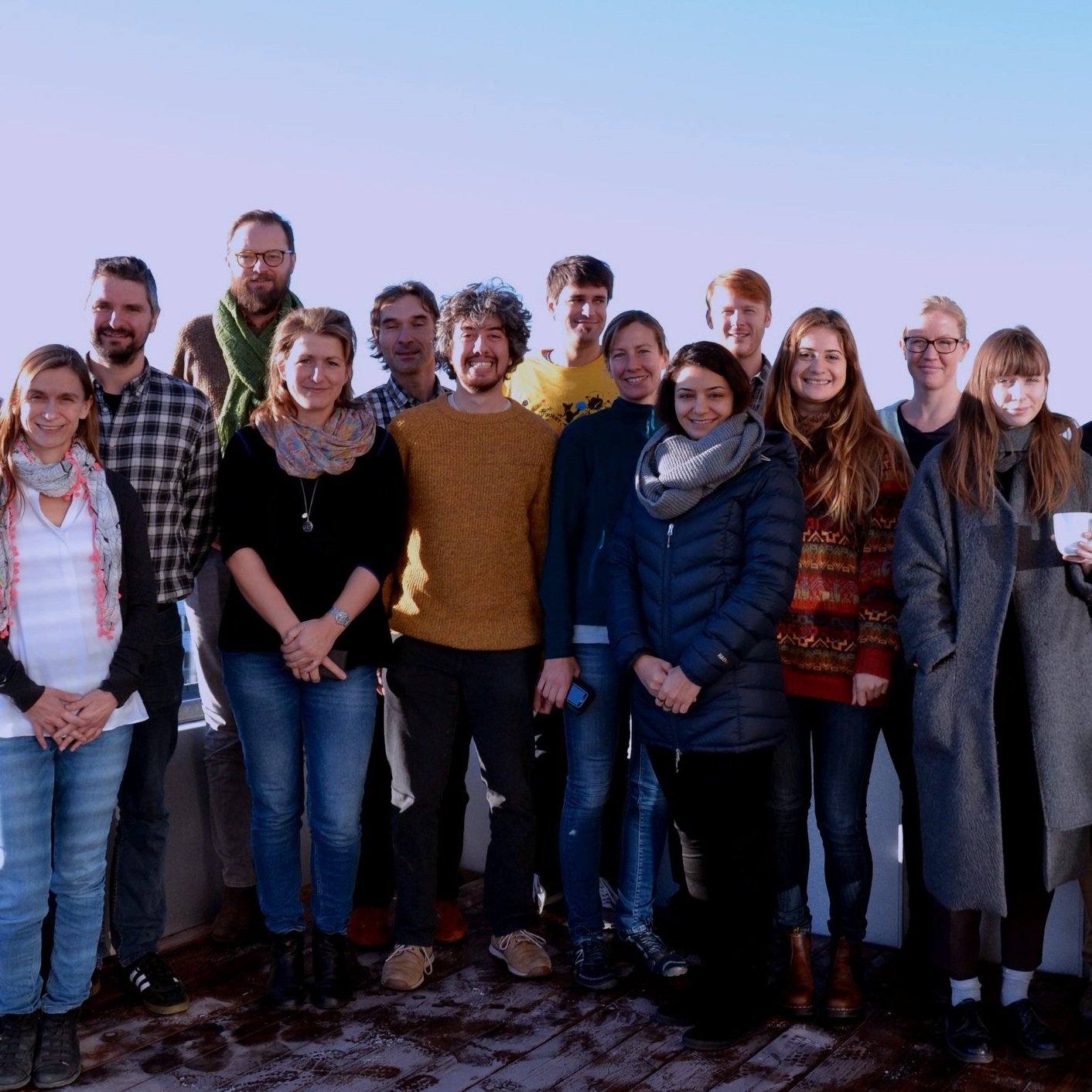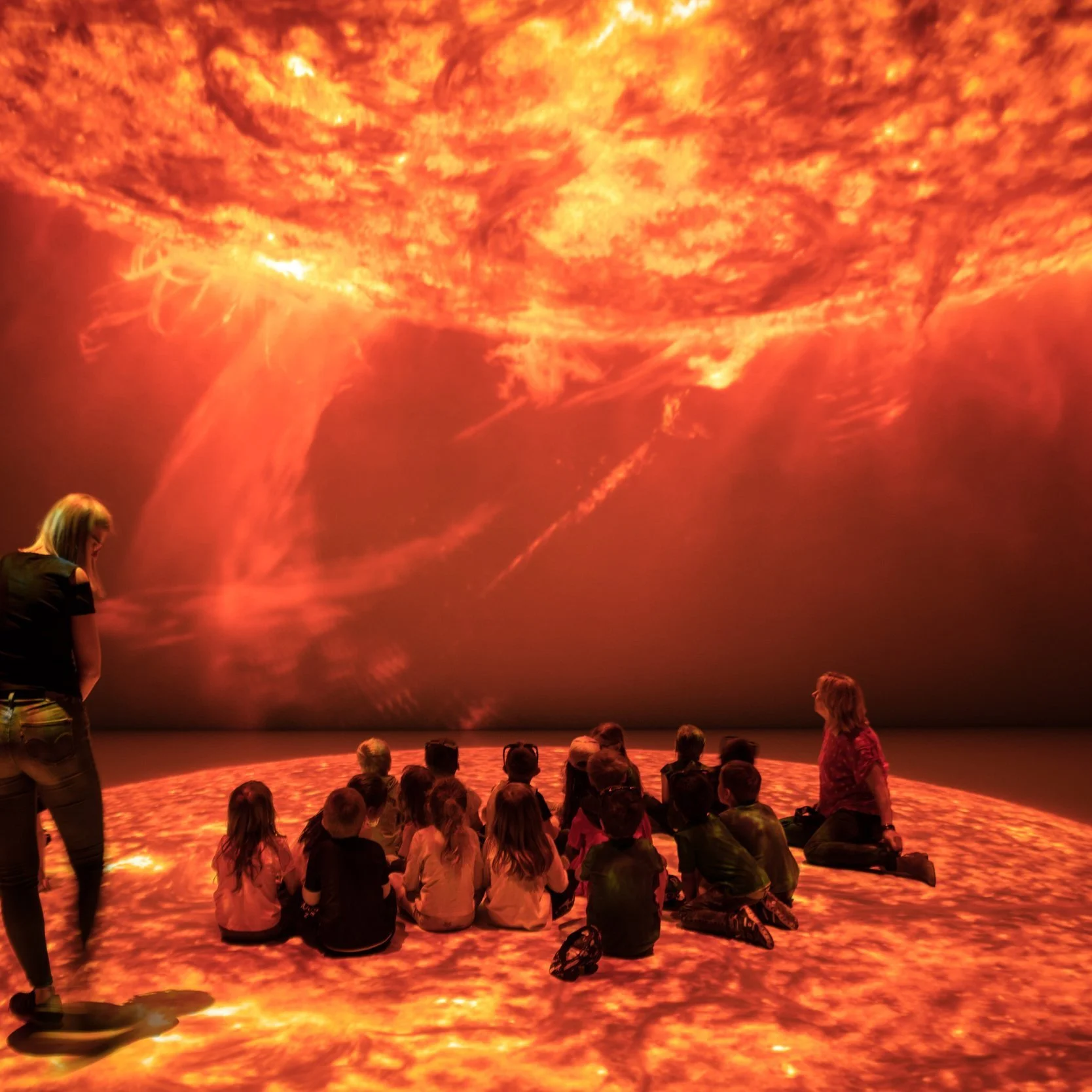– For the first time, science directors from different x-ray and neutron facilities will explore - together with the participants - the science, the methods, the applications and the collaborations carried out at their research site, says webinar organisers Anurag Kawde, post-doc at LINXS, and Veronica Lattanzi, PhD-student at the CMPS and LINXS board member.
They explain that they have specifically targeted science directors to host the webinars to give a unique insight into how their specific facility function and what type of experiments it offers.
– It can be quite hard to come by this type of knowledge without a proper introduction from someone working at the facility. We believe the webinars can also be useful for experienced researchers at the different large scale facilities – since many of them might not be fully aware of what they can do at other research sites.
Apart from an overview of scientific break troughs and science, the webinars will also explore collaborations and up-to date status of the research facilities to face the current covid-19 pandemic.
– The webinars aim to contribute to LINXS goal to create a digital platform where researchers can connect, collaborate and stay up-to-date on recent developments, says Veronica Lattanzi.
– The long-term goal is that more people will have more knowledge of large scale research facilities, and that it will help people to not only find the right beamlines for their science, but also to initiate collaboration across universities and facilities, concludes Anurag Kawde.
The webinar series will run during 2021. They are free to attend and open to researchers from all around the world from both academia and industry. However, it is advised to have at least basic knowledge of x-ray and neutron science.
Read more about the webinar series: Science at Large Scale Research Facilities: What we do, where we are, where we are going.





















